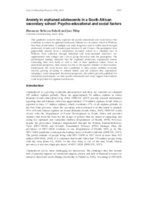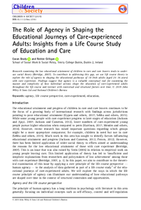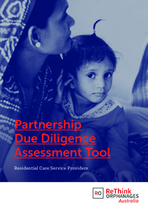Anxiety in orphaned adolescents in a South African secondary school: Psycho-educational and social factors
This qualitative research study explored the psycho-educational and social factors that contribute to anxiety in orphaned adolescent students in a secondary school in Welkom, Free State, South Africa.



